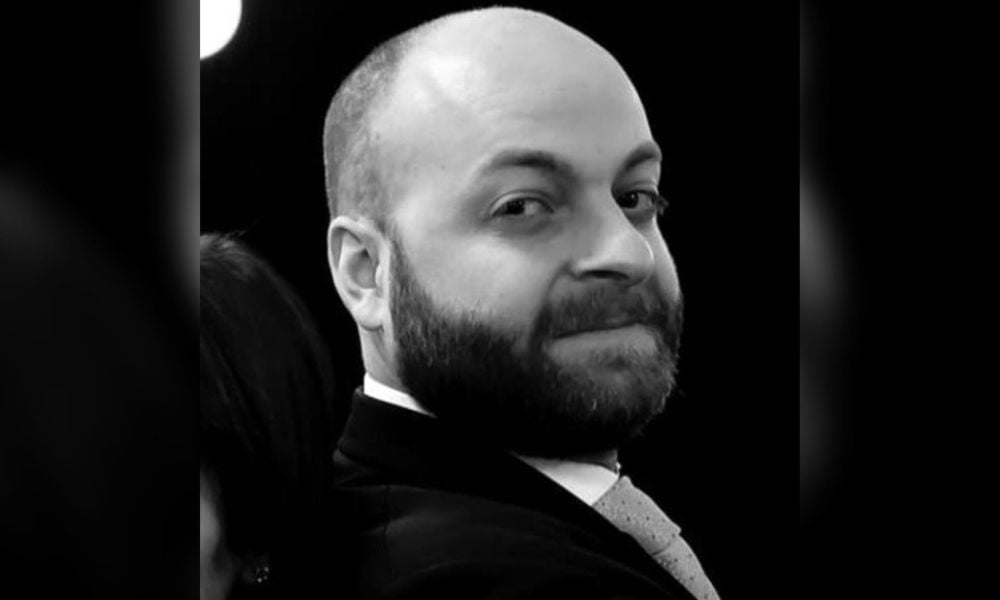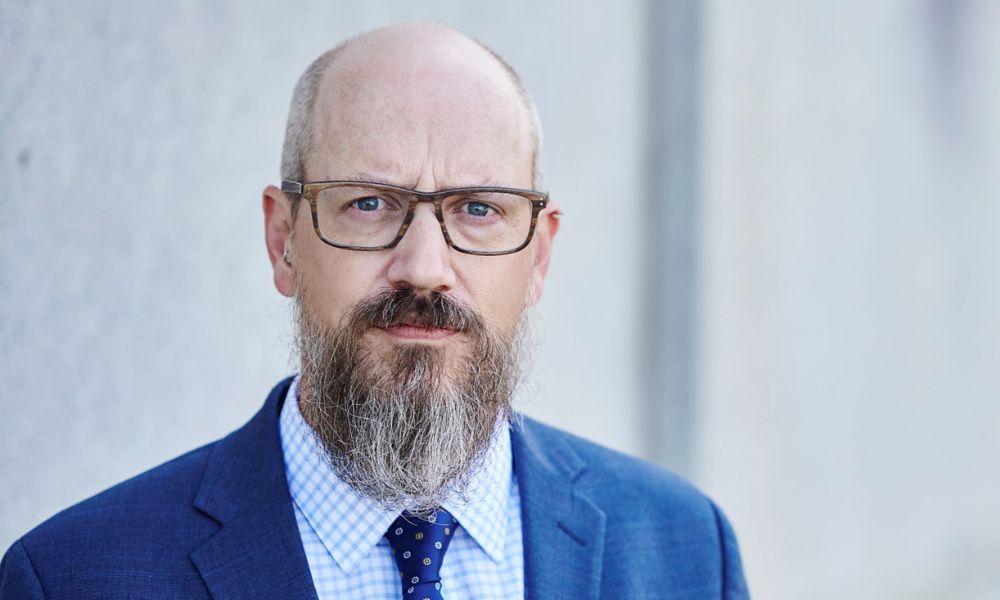
Complainant's lawyer says LSO delay forced client to take on the burden of informing public

The Law Society of Ontario has suspended embattled Ottawa lawyer James Bowie indefinitely until he responds satisfactorily to investigators’ requests to produce books and records related to his practice.
When and if he does so, the Law Society Tribunal ruled on Friday, he will face a further one-month suspension.
The suspension is not related to a separate complaint of sexual misconduct against Bowie, which has not been proven in court. But Michael Spratt, the complainant’s lawyer and a partner at Ottawa’s AGP LLP, a criminal law boutique, is concerned that the regulator’s delay in going public with the sexual misconduct allegations placed the burden of alerting the public about an alleged predator on his client.

Michael Spratt
The complainant, who had been suffering from depression and facing financial difficulties, filed her allegations on September 16. She claimed that Bowie, who previously gained notoriety for chronicling the court appearances of Freedom Convoy members on Twitter, offered her legal services in exchange for oral sex, invited her to snort cocaine, and sent her an unsolicited picture of his penis. The complainant attached Snapchat messages in support.
The public knew nothing of this until the complainant went public with CTV on November 30. The network subsequently uncovered nine women who detailed a pattern of harassment, manipulation and sexual assault by Bowie. Again, none of these allegations have been proven in court.
“I know the LSO is taking my client seriously and I appreciate the need for due process, but I was concerned about Bowie’s continued ability to interact with a public that was unaware of very serious and largely substantiated allegations,” Spratt says. “Because of my client’s bravery, the public is now aware, but my worry is that the burden of alerting the public fell on my client. I’m also worried about the reputation of the profession because we did not shine sunlight on this issue quickly enough.”
LSO spokesperson Jennifer Wing told Law Times that information concerning specific complaints made to the LSO and investigations by the LSO are confidential until or unless they result in public regulatory action.
“Risk to the public is always considered and is evaluated on an ongoing basis,” she said.
The suspension on December 9 had, on its face, nothing to do with the sexual misconduct allegations. But it does, at least temporarily, stop Bowie from dealing with a vulnerable public from a position of trust.
Interestingly, Bowie tried to delay the December 9 hearing by seeking a one-month adjournment on the basis, according to LSO documents, that “recent proceedings and media attention” had exacerbated “medical and personal reasons” that “compromised his ability to participate effectively” on the scheduled date.
Bowie’s lawyer, Katherine Kealey, who practises with criminal law boutique Armoured Suits in Ottawa, filed evidence of a medical condition that “affects Mr. Bowie’s ability to perform at work for which a specialist has been made.” She also filed a prescription for an anti-depressant dated November 5, and an information request from Homewood Health, which provides mental health and addiction services, dated December 5.
But Tribunal member Malcolm Mercer denied the adjournment.
“It is clear that there are long outstanding investigative requests that have not been answered, which adversely affects ongoing investigations.”
At the hearing, Bowie accepted that the LSO had established professional misconduct on the failure to cooperate allegations. He apologized and committed to cooperate in the future. The suspension that followed stemmed from a joint submission on penalty that also required Bowie to pay $5,000 in costs within a year.
Kealy did not respond to Law Times’ request for comment.